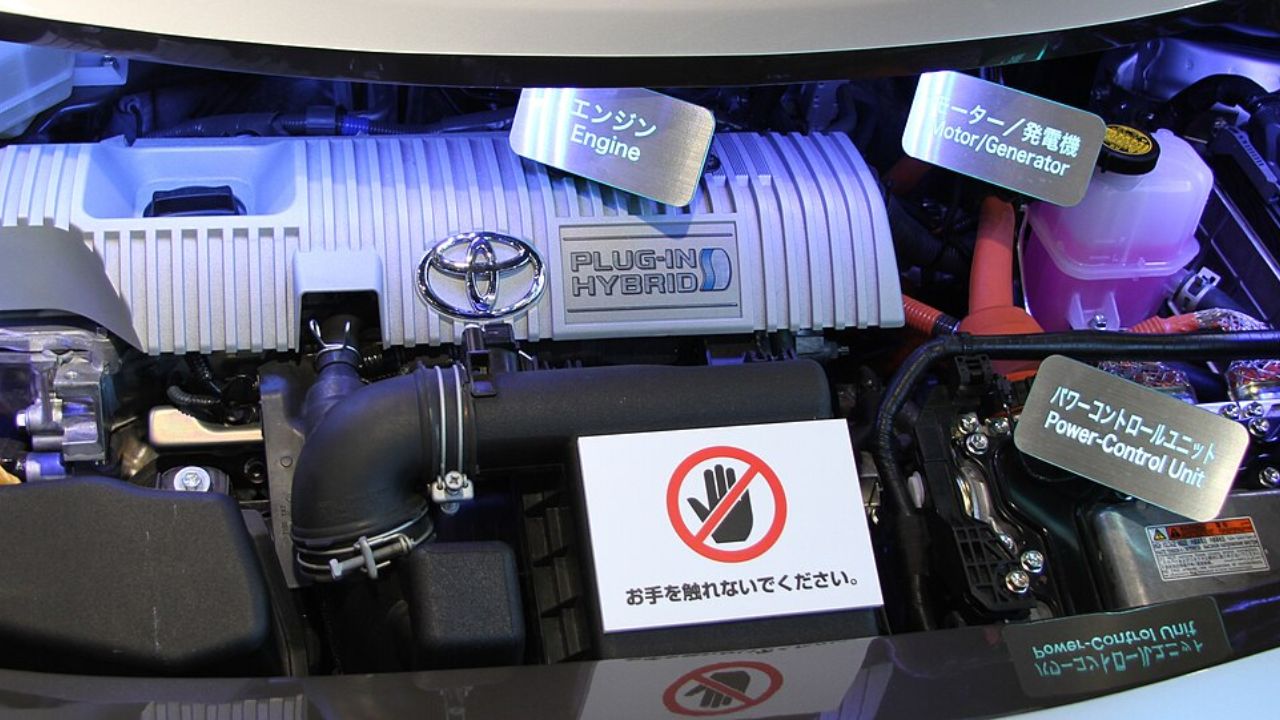As technology continues to evolve, the automotive industry is experiencing a significant shift in how features and services are offered to consumers. One of the latest trends is the introduction of paywalls for certain vehicle features, such as heated seats, which were once considered standard or premium options. The implications of this new business model raise important questions for consumers and the industry at large.
The Rise of Subscription-Based Car Features
The automotive industry is witnessing a growing trend where car manufacturers are shifting towards offering subscription-based or pay-per-use features. Brands like BMW and Mercedes-Benz have introduced subscription models for amenities such as heated seats, adaptive cruise control, and even advanced navigation systems. This shift is driven by the desire to create new revenue streams and adapt to changing consumer preferences. By offering features on a subscription basis, automakers can continually monetize their vehicles beyond the initial point of sale.
This trend mirrors similar strategies in other industries, notably the software and media sectors. Companies like Adobe and Netflix have successfully moved to subscription models, providing users with continuous access to their products and services in exchange for a monthly or annual fee. In the automotive world, this represents a significant departure from the traditional model of paying for a package of features upfront. While software and media subscriptions offer flexibility and regular updates, the transition in the automotive sector is met with mixed reactions.
Initial consumer feedback shows a range of perspectives. Some drivers appreciate the ability to customize their vehicles and pay only for the features they use. However, others feel that charging for features like heated seats—once considered premium but standard in many models—adds an unnecessary financial burden. The idea of ongoing payments for features that were previously included in the purchase price challenges traditional notions of ownership and value.
The Impact on Consumer Choice
The introduction of paywalls for car features has significant financial implications for consumers. The cost of vehicle ownership could rise as drivers find themselves paying monthly fees for features they might previously have enjoyed without additional charges. This new model complicates the budgeting process for car buyers, who must now consider ongoing expenses beyond the initial purchase or lease agreement. For some, these subscriptions might make certain vehicles unaffordable, particularly if the costs accumulate over time.
On the other hand, this model offers increased customization options, allowing consumers to tailor their vehicles to their specific needs. Drivers can choose to activate or deactivate features based on their requirements and circumstances, potentially making car ownership more adaptable. However, this flexibility comes with drawbacks. Consumers may feel overwhelmed by the sheer number of choices and the need to constantly evaluate which features are truly necessary. Moreover, the monetary aspect of this customization could lead to a disparity in access to advanced vehicle technologies.
Accessibility and equality are significant concerns raised by this shift. Paywalls might create a divide between consumers who can afford the ongoing costs and those who cannot. This could lead to a scenario where wealthier individuals have access to safer, more comfortable, and more efficient vehicles, while others are left with fewer options. It raises questions about fairness and the role of automakers in ensuring that technological advancements are accessible to a broader audience.
Industry Motivations and Benefits
For automakers, subscription models offer a lucrative opportunity to generate continuous revenue. Unlike the traditional sales model, where revenue is largely limited to the initial purchase, subscriptions allow companies to earn from their vehicles over the entire lifecycle. This ongoing revenue stream can be particularly attractive in an industry characterized by high competition and relatively low margins. As vehicles become more digitally integrated, automakers can capitalize on the connectivity and software capabilities to provide new features and services.

Subscription models also have the potential to incentivize innovation. With a steady revenue stream, automakers might be more willing to invest in research and development, leading to advancements in vehicle technology. However, there is a concern that this model could also discourage innovation by creating a reliance on existing technologies and features as a source of income. Companies might prioritize enhancements that can be monetized through subscriptions rather than focusing on groundbreaking innovations.
The competitive landscape of the automotive industry could also be reshaped by paywalls. As more manufacturers adopt this model, they might differentiate themselves based on the range and quality of subscription-based features they offer. This could lead to greater competition in terms of technological advancements and customer service, ultimately benefiting consumers. However, it might also result in a more fragmented market, where consumers are locked into specific ecosystems or brands to access desired features.
Legal and Ethical Considerations
The introduction of paywalls for car features raises several legal and ethical questions. From a legal standpoint, there are concerns about consumer rights and the ownership of vehicle features. When drivers purchase a car, they expect to own all its components. However, paywalls challenge this notion by restricting access to certain features unless a subscription is paid. This could lead to legal disputes over the definition of ownership and the rights of consumers to fully utilize the products they purchase.
Transparency and disclosure are critical in addressing these concerns. Car manufacturers must clearly communicate which features are available through subscriptions and what the associated costs are. This transparency is essential for consumers to make informed decisions and avoid unexpected expenses. A lack of clear communication could damage trust and lead to negative perceptions of the brand.
Ethically, there are concerns about the potential for exploitation through recurring payments for features. Consumers might feel pressured into subscribing to features they perceive as essential for safety or comfort. This raises questions about the responsibility of automakers to ensure that their business models are fair and do not take advantage of consumers’ needs. Ethical considerations also extend to the environmental impact of encouraging the constant upgrading and activation of features, which could contribute to increased resource consumption.
Future Outlook for Car Features
As technology continues to advance, the development and implementation of paywalls for car features are likely to evolve. Emerging technologies such as artificial intelligence and the Internet of Things (IoT) could lead to more sophisticated and personalized vehicle experiences, potentially opening up new possibilities for subscription services. For instance, AI could enable dynamic feature adjustments based on driving conditions or personal preferences, offering a more tailored driving experience.
Consumer expectations are likely to shift as well. As the subscription model becomes more prevalent, drivers might come to expect a higher degree of flexibility and customization in their vehicles. This could lead to increased demand for innovative features and a greater emphasis on the integration of digital services with traditional automotive functions. Automakers will need to balance these expectations with the realities of production and cost management.
The long-term consequences of this trend on the automotive industry could be profound. If subscription models continue to grow, they may redefine the relationship between car manufacturers and consumers. The focus could shift from one-time transactions to ongoing service relationships, similar to other tech-driven sectors. This transformation could lead to new business models and partnerships, reshaping the industry in ways that are difficult to predict today.
Like Fast Lane Only’s content? Be sure to follow us.
Here’s more from us:
*Created with AI assistance and editor review.







Leave a Reply